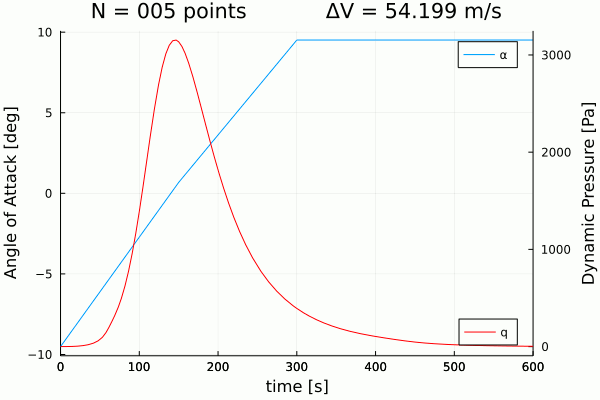Publications
This is a listing of all the technical conference publications to which I have contributed.
First Author
Copernicus/LinCov (CopCov) Software Integration in Support of Robust Trajectory Optimization
Copernicus is a generalized spacecraft trajectory design and optimization software, commonly used to design reference trajectory profiles. LinCov is a completely separate tool, used to produce linear covariance analyses that determine how well an integrated GN&C system is able to fly the reference profile. While these two tools have historically been run independently, together they can achieve the notion of robust trajectory optimization, whereby a trajectory is optimized while accounting for system uncertainties. This paper highlights the implementation of the CopCov interface, which allows Copernicus and LinCov to jointly optimize trajectories through a direct feedback loop. This work was published and presented at the 2023 AAS/AIAA Astrodynamics Specialist Conference in Big Sky, Montana.
Optimal Angle of Attack Control for Aerocapture
Aerocapture is a maneuver in which a spacecraft redirects its trajectory by flying through a planet’s atmosphere to attain a desired orbit after atmospheric exit, typically at a fraction of the propellant cost of a fully propulsive maneuver. Direct Force Control (DFC) is a control methodology that varies the spacecraft’s angle of attack in order to target desired periapsis and apoapsis altitudes of the post-atmospheric orbit. However, contrary to other control methodologies, there is no known optimal angle of attack profile for aerocapture trajectories using DFC. This paper uses principles of optimal control theory to numerically solve for the optimal angle of attack profile for an aerocapture mission at Mars. This work was published at the 2022 AIAA SciTech Forum in San Diego, California.
Co-Author
Analysis of a Bank Control Guidance for Aerocapture at Uranus
Aerocapture has the potential to be an enabling technology for future flagship-class science missions to Uranus. The team at NASA JSC has been responsible for developing, tuning, and delivering the guidance algorithm for a representative aerocapture mission at Uranus. The Fully Numeric Predictor-corrector Aerocapture Guidance (FNPAG) algorithm, rooted in principles of optimal control theory, was chosen for this application. This paper details the implementation of the FNPAG algorithm in Julia programming language, various studies performed to tune its performance to Uranus-specific conditions, and delivery/integration of the algorithm into a C simulation framework. This work was published at the 2024 AIAA SciTech Forum in Orlando, Florida.
Psyche Early Project Verification & Validation Planning Development
The Psyche mission is a mission to explore a metal-rich asteroid in orbit between Mars and Jupiter. As a NASA Discovery mission, Psyche has the advantage of a number of predecessors to take lessons learned from, including in the area of Verification and Validation (V&V) planning and development. This paper highlights some of the strategies used by the Psyche team to take advantage of V&V planning early in the project lifecycle, including the use of DOORS Next Generation (DNG) software and some of the tools developed to augment its capabilities. This work was published at the 2019 IEEE Aerospace Conference in Big Sky, Montana.
